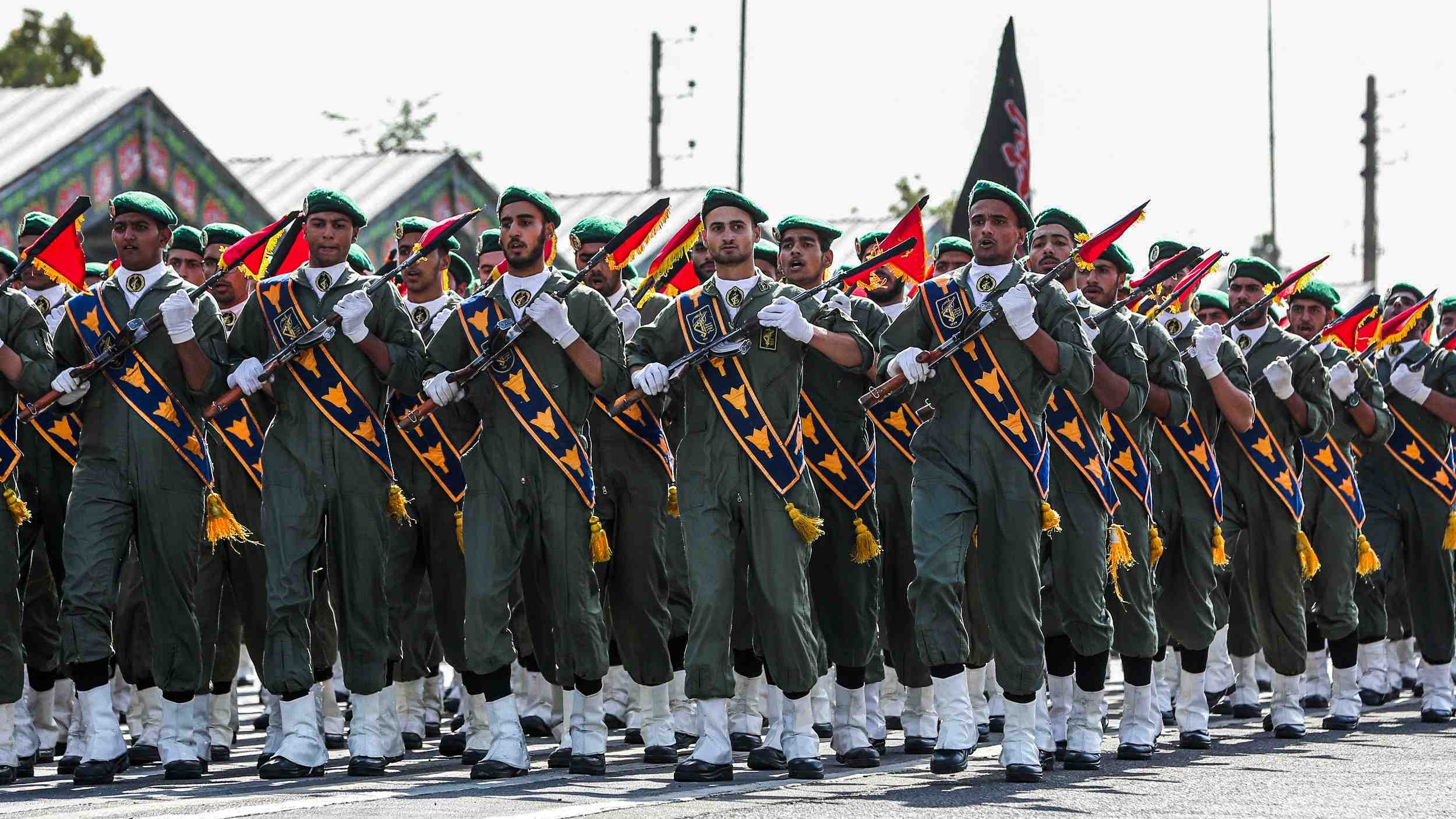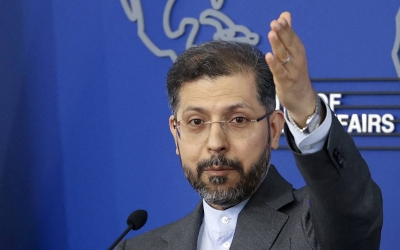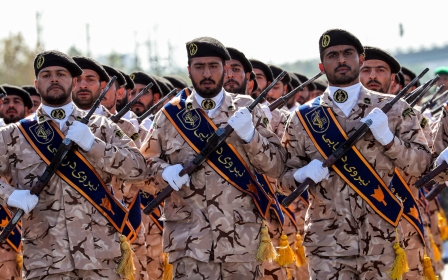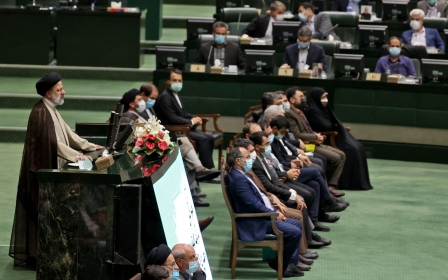Former US officials, security experts urge Biden to oppose IRGC terror delisting

More than 70 national security professionals and former administration officials have expressed "grave concerns" over reports that the Biden administration is considering lifting the terror designation on Iran's Islamic Revolutionary Guard Corps (IRGC).
In a letter sent to the White House on Monday, the signatories - who include former Special Representative for Iran Elliot Abrams and former antisemitism envoy Elan Carr - argued that removing the IRGC's terror designation would give a "green light to murder Americans and attack our allies".
"Removing the IRGC from the FTO list would threaten American lives, harm Gold Star Families, and empower a terrorist organization sponsoring daily attacks against US interests and allies," the letter from the security experts said.
"The delisting would be strategically shortsighted and dangerous to US national security interests."
In a separate letter sent by 14 Republican senators to the White House, the lawmakers voiced their opposition to a new nuclear deal that would provide Tehran with billions of dollars of sanctions relief and frozen funds.
"Not only would this removal be wildly misguided, but it would betray our partner and allies in the region - particularly Israel and the Gulf states," the senators said.
"These allies and partners already hold concerns that the United States is reducing its regional presence. The enactment of such a deal would provide the Iranian regime access to funds that it would use to destabilize the region through terrorist proxies."
On Friday, The Washington Post quoted an unnamed senior administration official as saying that US President Joe Biden does not plan on meeting the Iranians' demand for delisting the IRGC.
The Republican senators called for the Biden administration to go a step further by "publicly and categorically" rejecting any discussion of taking the IRGC off the terror blacklist.
A sticking point
The IRGC's terror designation has become a major sticking point in talks aimed at reviving the Iran nuclear deal, known officially as the Joint Comprehensive Plan of Action (JCPOA).
Tehran has insisted that the Biden administration remove it from its foreign terrorist organisation blacklist (FTO), but so far Washington has refrained from doing so.
Former President Donald Trump nixed the pact in May 2018 and started piling sanctions on the Iranian economy as part of his "maximum pressure" campaign.
In 2019, the IRGC was blacklisted by Trump, who accused the group of promoting terrorism "as a tool of statecraft". The contentious decision marked the first time Washington had ever branded a state military institution as a foreign terrorist organisation (FTO).
In recent weeks, a small but growing number of US lawmakers have voiced their concerns over a return to the Iran nuclear deal, including at least 20 Democratic members of Congress.
Washington's allies in the Middle East, including Israel, Saudi Arabia, and the United Arab Emirates, have also been vocal in their opposition to the agreement.
Last month, the UAE and Israel were reported to have lobbied the US for security guarantees, should the nuclear accord be revived.
Middle East Eye delivers independent and unrivalled coverage and analysis of the Middle East, North Africa and beyond. To learn more about republishing this content and the associated fees, please fill out this form. More about MEE can be found here.




